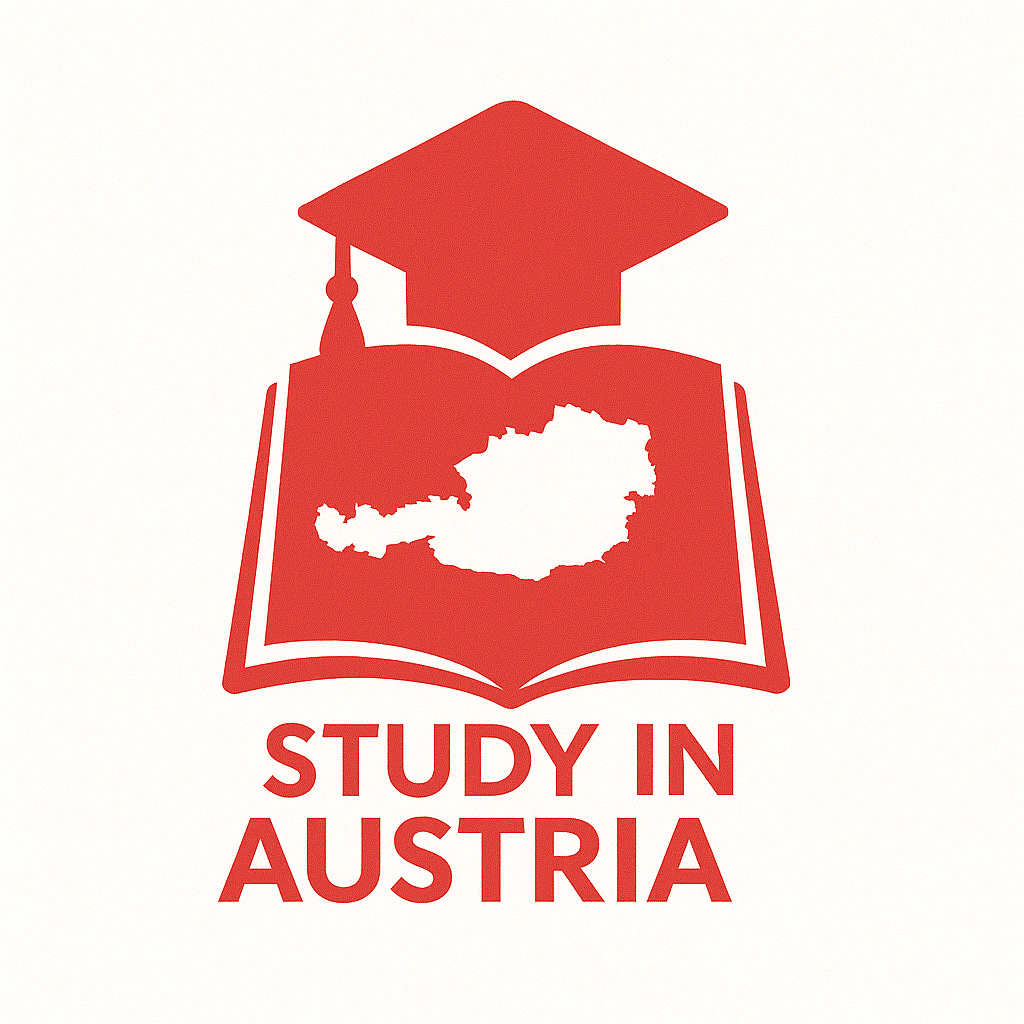How to Manage Your Student Finances Effectively in Austria
Understand Your Monthly Expenses
Before arriving in Austria, it is crucial to create a detailed budget considering all possible expenses to ensure you can manage your finances effectively. Here are the key components to include in your budget:
- Rent: Consider various housing options such as student accommodation or shared apartments. Prices can vary significantly based on location.
- Food and Groceries: Estimate monthly food costs, bearing in mind that dining out will be more expensive than cooking at home.
- Transportation: Factor in public transport tickets or consider bike rentals, as cycling is a popular and affordable mode of transport in Austria.
- Study Materials: Allocate funds for books, supplies, software, and any additional course-related fees.
- Health Insurance: As an international student, having health insurance is mandatory and must be budgeted accordingly.
- Leisure and Personal Expenses: Include monthly costs for entertainment, outings, and personal grooming.
Understanding and tracking these costs will help you avoid financial surprises and manage your budget responsibly.
Explore Scholarships and Grants
Austria offers a variety of scholarships and study grants that can help offset your educational expenses. Here are some key types of financial support available:
- National and Regional Scholarships: Various state agencies and foundations provide scholarships to attract international students to Austria.
- University-Specific Support Programs: Many universities have their own scholarships targeting exceptional students or specific fields of study.
- Financial Awards for Outstanding Academic Performance: Scholarships may be offered based on academic merit, providing financial relief for high-achieving students.
Utilizing databases and search tools provided by Study in Austria can assist in discovering scholarships that match your qualifications and needs.
Take Advantage of Part-Time Work Opportunities
International students in Austria are permitted to work part-time under specific conditions, which can provide valuable income to cover living expenses. Here are some essential points to consider:
- Regulations on Work Permits: Check the specific requirements based on your nationality and type of residence permit to ensure compliance with local laws.
- Popular Student Jobs: Opportunities for part-time employment often include roles in tutoring, hospitality, administrative support, and internships relevant to students’ fields of study.
Securing a part-time job not only helps with finances but also allows you to gain experience and network with professionals in Austria.
Manage University and Tuition Fees
Tuition fees in Austria can vary significantly based on your citizenship and the type of institution you attend. Here’s what you need to know:
- EU/EEA Students: Often pay little or no tuition at public universities, making education more accessible.
- Non-EU/EEA Students: Typically face higher fees, which should be budgeted for accordingly.
- Additional Semester Fees: Be prepared for mandatory semester fees, such as student union contributions and health insurance.
Understanding the specific fee structure of your university based on your jurisdiction is essential for precise financial planning.
Utilize Student Discounts
Students are often entitled to various discounts which can yield significant savings. Always keep your student ID handy and inquire about reduced rates for:
- Public Transport: Many cities offer discounted public transit passes for students.
- Museums and Cultural Events: A variety of cultural institutions provide lower admission fees for students.
- Sports Facilities: Many recreational centers offer discounts for student memberships.
- Shops and Restaurants: Always check if your favorite dining venues offer student specials or discounts.
Taking advantage of these offers can help stretch your budget further.
Build Financial Skills
Enhancing your financial literacy is invaluable as it allows you to manage your resources more effectively. Consider the following actions:
- Workshops: Attend financial management workshops or seminars offered by your university or local organizations.
- Peer Support: Engage in discussions with fellow students about budgeting strategies and share tips and experiences.
- University Resources: Utilize available resources provided by universities, such as financial counseling and budgeting tools.
Being able to track your spending, distinguish between needs and wants, and plan for unexpected costs is vital for staying financially secure.
Summary Table: Essential Student Finance Tips
| Area | Practical Actions |
|---|---|
| Budgeting | List monthly expenses, track spending, use budgeting tools |
| Scholarships & Grants | Research and apply through Study in Austria’s scholarship resources |
| Part-Time Work | Look for student-friendly jobs, understand work permit regulations |
| Social Support | Check eligibility for family allowances, health insurance, and tax benefits |
| Tuition & Fees | Know the fee structure for your university type and nationality |
| Student Discounts | Use your student ID for public transport and entertainment savings |
| Financial Skills | Attend workshops, use university guidance services |
By taking a proactive approach, utilizing available funding options, and planning carefully, you can effectively manage your finances while studying in Austria. This comprehensive financial strategy will allow you to focus on your academic and personal growth during your time abroad.
Take the Next Step with Study in Austria
Explore further resources and support available for your educational journey:


Access to Social and Family Support
Many students may be eligible for various benefits which can further ease financial pressures. These may include:
It is recommended to explore these options and include them in your financial strategy.